Serco, G4S and the Value of Compliance
Two companies, a similar crime and significantly different penalties. Here’s what lessons we can learn from the G4S and Serco cases.
Head of the Serious Fraud Office Lisa Osofsky has used a speech at a Society of Corporate Compliance & Ethics conference to show why the SFO will go easier on those firms which have made efforts to cooperate and comply, using two linked cases with slightly different outcomes, to illustrate the SFOs approach.
In 2019 the SFO settled a fraudulent accounting case with Serco over its handling of prisoner tagging systems. Serco agreed to pay £19 million through a deferred prosecution agreement for falsely charging the UK government for prisoner tagging services.
A year later they concluded another settlement with G4S for the same breach. This time the fine was roughly doubled (£38.5million).
The difference, according to Osofsky, was the way in which the two companies reacted to the breach. Serco reported the breach and cooperated with the SFO from the start. G4S, on the other hand, took substantially longer to cooperate. As such, Serco received a much larger discount on its fine than G4S.
According to Osofsky, G4S was in a “different place in its compliance journey”. “[G4S] hadn’t yet embedded and thought through its compliance obligations in a way that Serco could demonstrate to us it had.”
The SFO’s approach relies on leniency in an attempt to encourage better overall compliance with regulations. Those companies which have embedded strong compliance programs into their operations can expect a more lenient decision.
SFO decisions will rely on their assessment of how seriously the company takes compliance. Is it, as Osofsky said, something which is “embedded in the DNA” of an organisation or does it just “adorn a nice couple of binders that are held on a bookshelf that don’t really do much more than provide window dressing?”
By offering these discounts, the SFO is incentivising companies to invest in compliance at an early stage. This means integrating it into the fabric of the organisation, providing clear accountability, monitoring and responsibility. Every individual at every level of the process must understand his or her obligations.
Using Waymark’s ability to identity regulatory obligations from within regulatory documents can accelerate your understanding of obligations and form a strand of this compliance DNA. Our partnership with firms like Governor Software links these obligations to firms’ own accountability and control maps, so that when obligations change the accountable owners know about it and can reconfirm compliance. Not only does this generate significant savings in effort and reduce risk, it is part of demonstrating the robust and auditable management of compliance and compliance change that bodies like the SFO are increasingly looking for.
To speak to us or subscribe to our newsletter please contact us here.
Or message us via the chat icon in the bottom right corner of your screen.

